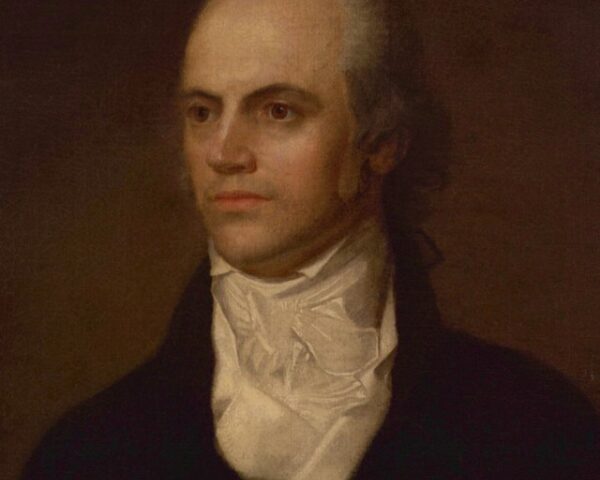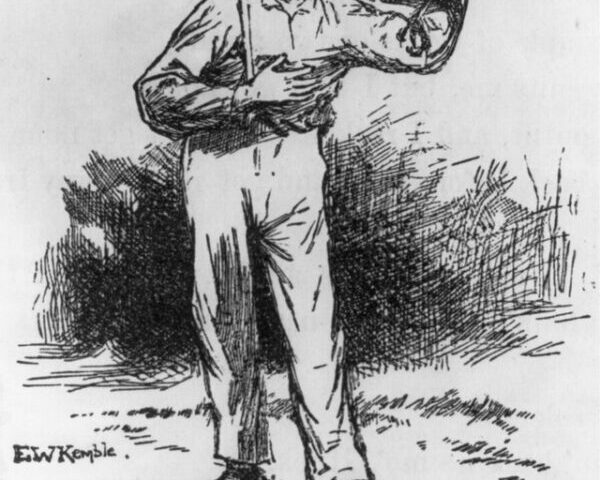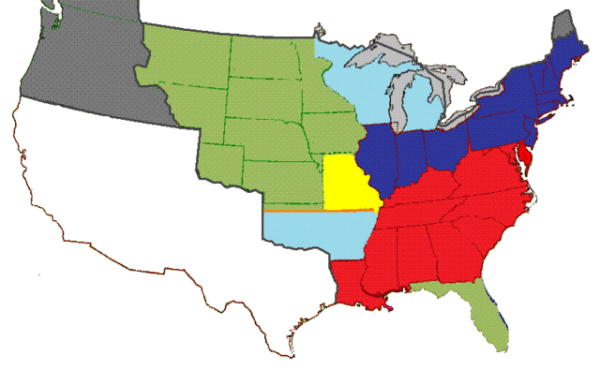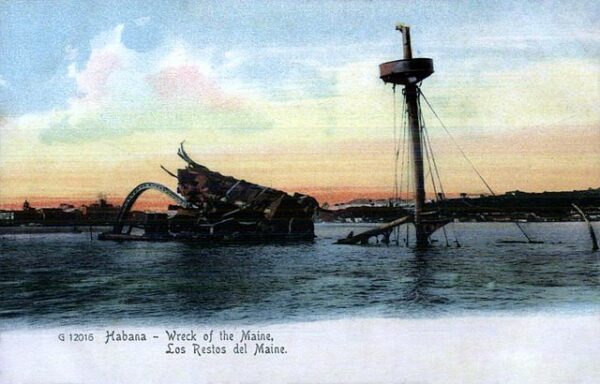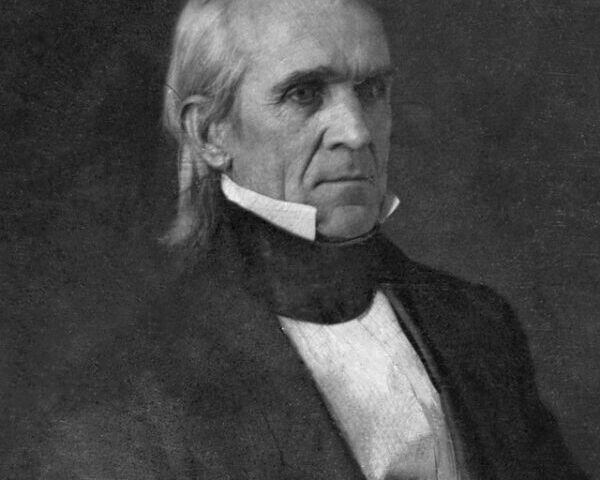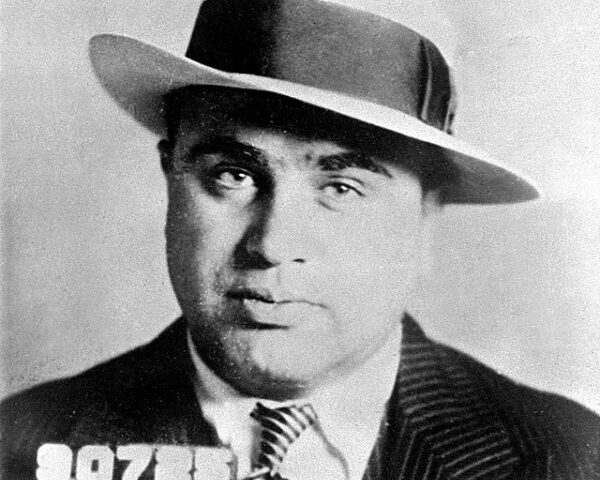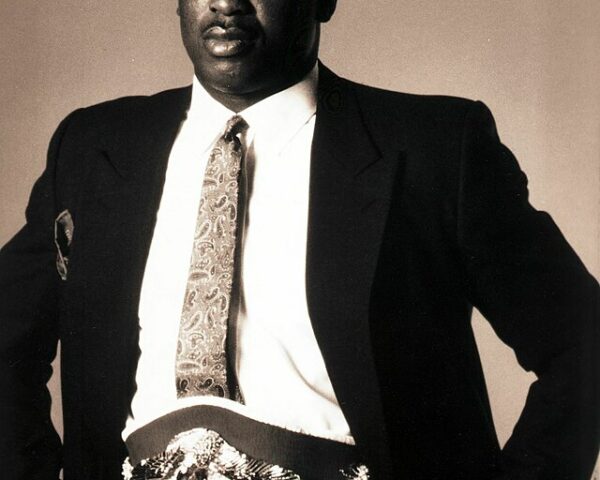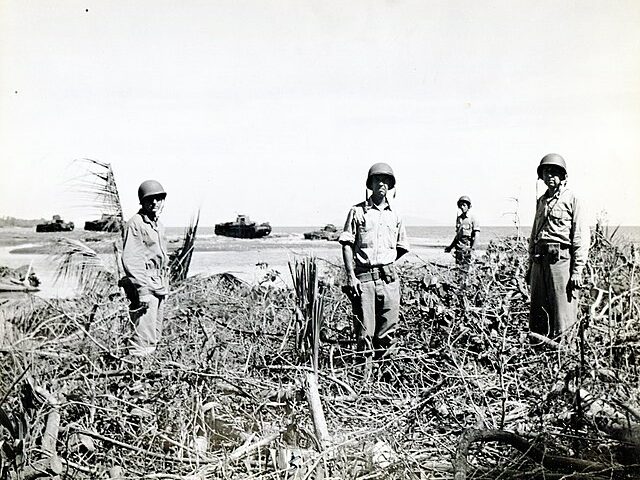On February 19, 1807, former Vice President Aaron Burr was arrested for treason in Wakefield, Alabama, and confined to Fort Stoddert. The treason trial of Aaron Burr in 1807 marked a pivotal and controversial moment in American history, revealing the fragility of the young…
Read MoreFirst published in the United Kingdom in 1884, Mark Twain’s “Adventures of Huckleberry Finn” hit the book stores in the United States on February 18, 1885 as a sequel to Twain’s earlier novel, “The Adventures of Tom Sawyer.” The novel is narrated by Huck…
Read MoreOn February 17, 1820, hoping to end the question of the future of slavery in the United States, Congress introduced the Missouri Compromise. Henry Clay, a prominent statesman, orchestrated the compromise with the intent of preserving harmony in the Union by delicately balancing the…
Read MoreOn the evening of February 15, 1898, the USS Maine, an American naval battleship, met a catastrophic fate in Havana Harbor, Cuba. A massive explosion tore through the vessel, obliterating its forward section and igniting a firestorm of speculation and accusation. The Maine had arrived three weeks…
Read MoreOn February 14, 1849, in a New York City studio filled with harsh light and chemical fumes, a weary and soon-to-be former president sat motionless before a new and untested machine. In that moment, James K. Polk became the first sitting president of the…
Read MoreIt’s the most famous mob killings of all time. The Saint Valentine’s Day Massacre is one of the most notorious events in the annals of American crime history, epitomizing the violence of the Prohibition era and the battle for control over the lucrative bootlegging…
Read MoreThe story is could be straight out of the movie Rocky as one of the greatest sports upsets of all time. On February 11, 1990, Buster Douglas took on Mike Tyson in Tokyo, Japan. Douglas, the challenger, was a monumental 42-1 underdog, facing the undefeated…
Read MoreOn February 9, 1943, the war in the Pacific finally turned. The Battle of Guadalcanal, a pivotal conflict in the Pacific theater of World War II, unfolded for nearly seven months before the Allies finally prevailed. It marked a turning point in the war…
Read MoreOn February 7, 1964, the United States was gripped with a mania, a Beatlemania. The British rock band, comprised of John Lennon, Paul McCartney, George Harrison, and Ringo Starr, landed at the newly renamed John F. Kennedy International Airport in New York City to…
Read MoreOn February 5, 1958, the United States Air Force lost a hydrogen bomb, sparking a mystery that has puzzled military officials and historians for decades. Known as “The Tybee Bomb,” the weapon gained notoriety due to an incident that occurred on February 5, 1958,…
Read More

